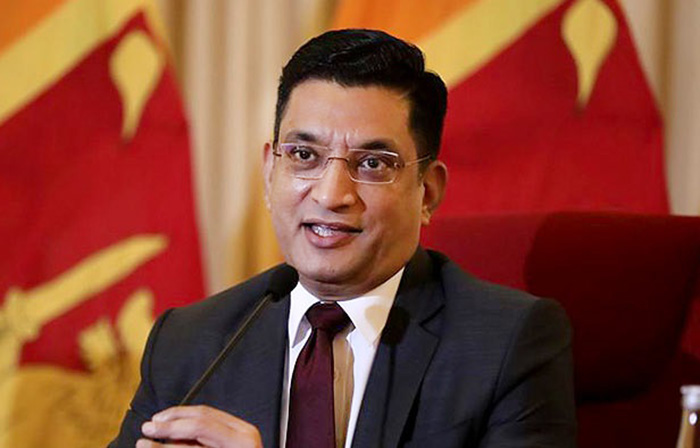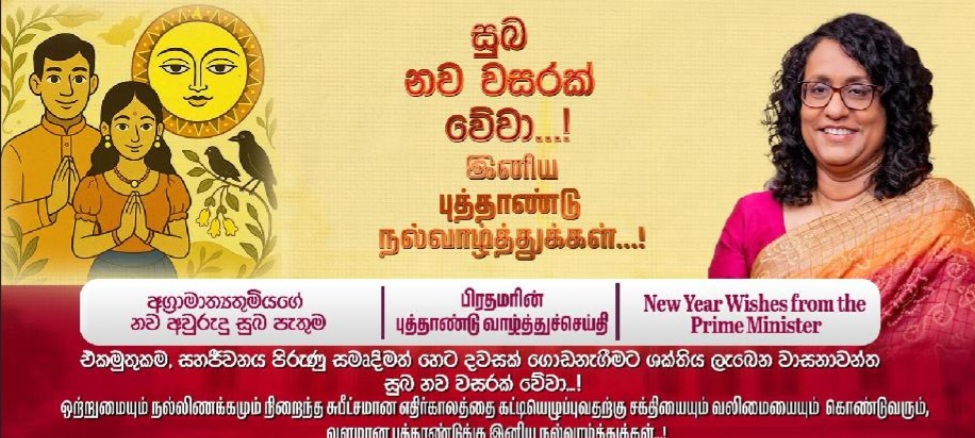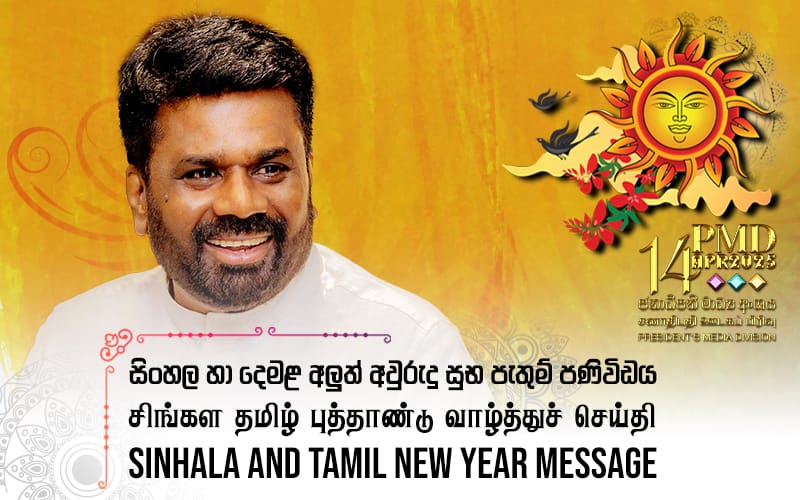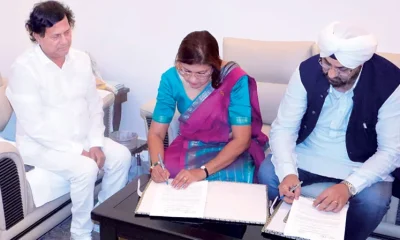Former Foreign Minister Ali Sabry, PC has hit back hard at those who found fault with him for referring to the LTTE as a terrorist organisation.
Responding to critics, the former parliamentarian has issued a statement reiterating that the now defunct LTTE as a terrorist organisation. The following is the text of his statement: “Recently, I was criticized by some individuals, particularly certain members of the diaspora who are completely out of touch with ground realities in Sri Lanka, for referring to the LTTE as a terrorist organization. Astonishingly, they claimed it was a “freedom struggle.” Such narratives not only misrepresent the truth but also attempt to distort the collective memory of those who lived through Sri Lanka’s darkest chapters. It is crucial to set the record straight and remind ourselves of the painful reality we endured as a nation.
The Liberation Tigers of Tamil Eelam (LTTE) were not freedom fighters; they were a ruthless terrorist organization. Their reign of terror left behind a trail of destruction that spared no community Sinhala, Tamil, or Muslim. They assassinated democratic Tamil leaders such as A. Amirthalingam, Neelan Thiruchelvam, and Sam Tambimuttu, who represented the hopes of the Tamil people for a democratic and peaceful future. They murdered world leaders like Rajiv Gandhi and Sri Lanka’s own President R. Premadasa. They targeted Sri Lanka’s political fabric, eliminating leaders like Lalith Athulathmudali, Gamini Dissanayake, and Ranjan Wijeratne.
Their disregard for humanity was not limited to individuals; they unleashed terror on places of worship, sacred to all communities, such as the Sri Maha Bodhi, the Dalada Maligawa, and the Kathankudy mosque. Villagers were massacred at Eravur, Palliyagodella, and Dollar and Kent farms, among others wiping out entire families, including women and children. Muslims were forcibly evicted from the Northern Province with just 24 hours’ notice, many of whom remain in refugee camps decades later.
The LTTE turned the North and East into war zones, conscripting teenage Tamil children and strapping cyanide capsules around their necks. They introduced the horrors of suicide bombing to Sri Lanka, carrying out over 300 attacks targeting civilians, political leaders, and economic infrastructure. They ethnically cleansed entire communities, targeted ceasefire agreements in bad faith, and left behind a trail of despair and destruction.
When Sri Lanka finally eliminated the LTTE in 2009, it was not just the end of terrorism; it was the beginning of the liberation for all Sri Lankans. The Tamil people, who bore the brunt of the war’s atrocities, could finally breathe in peace. Their children were no longer abducted for conscription. Cyanide capsules and guns were replaced by pens and paper. Communities could begin to rebuild, and the horrors of war began to fade.
Yet today, some members of the diaspora, many of whom have never set foot in Sri Lanka or lived through its darkest days, continue to promote the divisive ideologies of the past. They call for separatism and romanticize the LTTE as freedom fighters. This narrative is not only false but dangerous, as it risks misleading another generation of Tamil youth and sowing seeds of division among a population yearning for unity and peace.
Sri Lanka is not a perfect nation, and no country is. But we are a democracy striving for progress, where the rights of all citizens are enshrined in our Constitution. Despite our shortcomings, we live together in neighborhoods, schools, workplaces, and universities, working towards a shared future.
The time has come to reject the divisive agendas of the diaspora and certain elements within our country. Instead, let us focus on building the inclusive, diverse nation we have longed for a Sri Lanka that respects and celebrates its differences rather than being torn apart by them.
Let us remember that the defeat of terrorism was not the victory of one group over another but a liberation for all Sri Lankans. It is time to leave behind the shadows of the past and embrace a future where unity, democracy, and progress reign supreme. Together, let us rebuild Sri Lanka into a nation that we, and generations to come, can be proud of. Enough is enough!”































